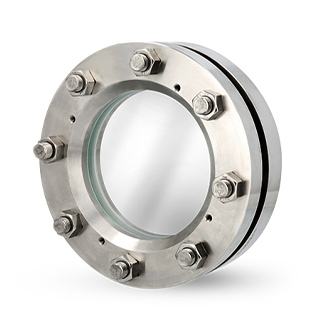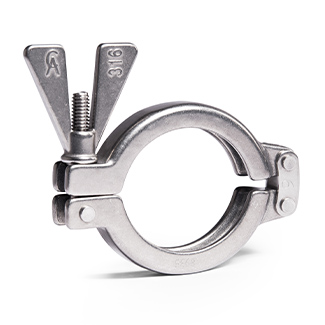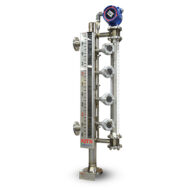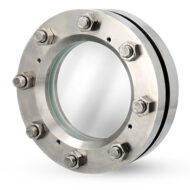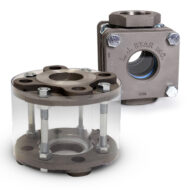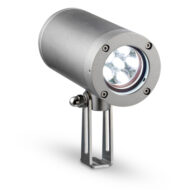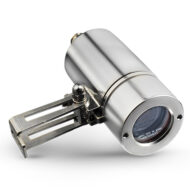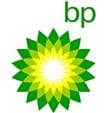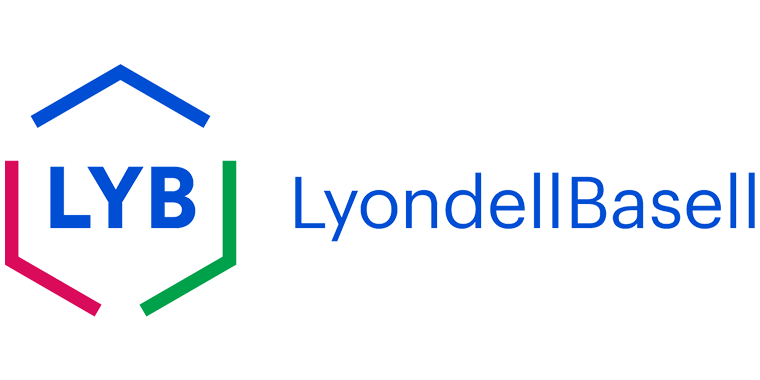Environmental demands drive the need for reliable, well-constructed solutions
Among the unique challenges the oil and gas industry presents are the wildly varying environments where the equipment needs to function. This can mean an offshore oil platform, climates from desert to tundra, or remote collection to major processing facilities near large cities.
Another vital concern for the processor is lead time. When a piece of equipment fails, oil and gas and petrochemical facilities look for parts or equipment delivery within 24 to 48 hours of their requests. In addition, any downtime can represent a significant amount of money, perhaps hundreds of thousands of dollars per day, lost due to idled equipment. Lastly, but of paramount importance, the industry prioritizes safe operation and consistent monitoring.
Many oil and gas process observation tools, such as sight glass, clamps and gaskets, and explosion-proof lights, are designed and fabricated to meet unique requirements. Often this involves material selection for specialty metals or alloys that can provide greater durability and protection than standard stainless steel.
Process compatibility can play as important a role in the oil and gas industry as it does for chemical processing, which exposes equipment to high pressure and various chemical compositions, impacting material selection. In addition, both industries deal with highly volatile, combustible materials, making explosion-proof solutions a vital component of equipment specifications.
Factors in material selection for the oil and gas industry
In the oil and gas industry, material selection for sight glasses begins with carbon steel. Then it moves along a continuum of potential upgrades, including 316 stainless steel (containing 2-3% molybdenum to increase its corrosion/temperature resistance), Hastelloy® or Inconel® (nickel-based super alloys), as a few examples. Oil and gas industries present application challenges that these “superalloy” metals can help overcome since they are designed to withstand volatile, corrosive gases, higher temperatures and other extreme environmental conditions.
Particularly within oil and gas exploration or recovery, offshore facilities expose equipment and instruments to salt or seawater, which can quickly attack and corrode standard materials selected for clamps, gaskets, etc. engineers and technicians need to lend careful consideration to all elements of a build, down to gasket materials, that are likely to encounter corrosive environments.
Meeting applicable industry and governmental standards
ASME standards often apply to equipment and components supplied to the oil and gas industry. However, standards may vary. For example, a sight glass window installed onto a tank will need to meet standards specified by the tank manufacturer, or if an observation port is being welded in or bolted on, different standards apply depending on the end-use application and methods used for installation.
Customers also must adhere to standards and regulations or codes decided upon by individual states. To meet these standards, designers need a vendor familiar with the testing procedures required for materials and manufacturing to meet customer standards and codes. Again, open communication upfront helps smooth the process and schedule delivery times.
Extensive experience supplying specialized products for oil and gas processing
Given all these challenges, and the overall complexity of some of these operations, a reliable partner in process observation is equipment is a necessity. LJ Star offers a substantial line of products suitable for use in the oil and gas processing or petrochemical industries, from level gauges to sight glasses, inline sight glasses, lighting and camera systems. Our equipment can be applied to any processes in these industries that require closed yet clear observation to protect the operator. Conditions involve:
- High temperature
- High pressure
- Potential combustibility
- Potential impact
- Volatile liquids (highly caustic or abrasive)
As a top choice for its process observation windows, LJ Star’s METAGLAS® is well known for its performance in the oil and gas, chemical processing and other challenging industries. Sight glass windows that include METAGLAS offer multiple benefits such as:
- High strength
- High-temperature capabilities
- High corrosion/chemical resistance
- High thermal shock resistance
- Low coefficient of thermal expansion
Other products designed to withstand the challenging environments in the oil and gas industries include:
- Clamps
- Gaskets
- Visual flow indicators
- Explosion-proof LED lights
- Explosion-proof cameras
- Wipers
- Sprayers
Finally, our sister company, Tank Components Incorporated (TCI), crafts quality tanks and components often used for process observation and production purposes. Visit TCI for more information.
Solutions for Oil and Gas
Find the industry’s leading solutions for harsh and challenging environments for process observation solutions that improve safety, efficiency, and product quality across your oil and gas operations. Quick deliveries minimize downtime. Speak with the industry experts at LJ Star today so you can see a better tomorrow.
